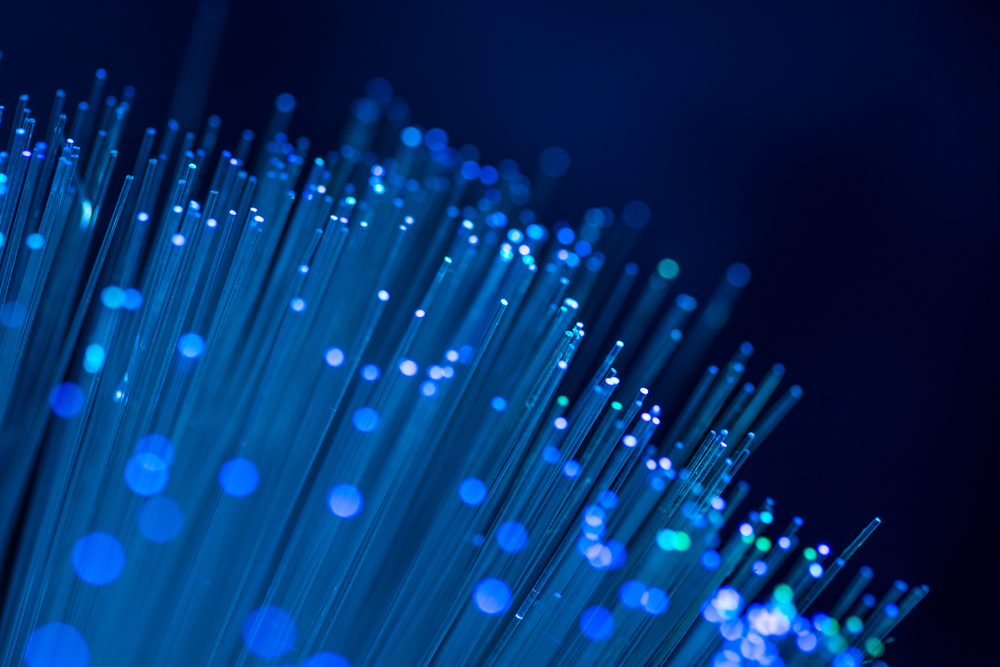Profibus Cca & Profinet Cca
From the end of October 2024, we will be launching Profibus and Profinet Data Bus cables with enhanced safety features.
Our robust and durable cables are ideal for demanding applications in industrial environments.
They fulfil the highest safety standards:
- Fire behaviour : EN 50399 Cca – s1a, d1, a1
- UV resistance : DIN EN ISO 4892-2 – EN 50289-4-17 (720 h)
- Oil resistance : IEC 60811-2-1 (IRM 902, 4h at 70°C)
For price enquiries please contact your usual contact person.
Detailed technical information can be found in our data sheets section or :
Why PROFINET and PROFIBUS cables are used in industrial automation
PROFINET and PROFIBUS cables are essential components in industrial automation. They enable reliable and fast communication between different devices, such as sensors, actuators and controllers, in factories and industrial plants. In this article, we explain the differences and advantages of these two cable types and their specific areas of application.
What is a PROFINET cable?
A PROFINET cable is specially developed for industrial Ethernet networks. It is used in automation systems to ensure fast and secure communication. Here are the main reasons why PROFINET cables are used in industry:
- High data transmission speed: PROFINET cables support transmission rates of up to 1 Gbit/s, which is ideal for applications with large data volumes and real-time communication in industrial networks.
- Real-time communication: PROFINET cables are designed to transmit data in real time. This is particularly important in automation, where the precise synchronisation of machines and systems is crucial.
- Robustness and durability: These cables are extremely resistant to external influences such as chemicals, oil or mechanical stress. This makes them ideal for harsh environments on the factory floor.
- Interference immunity (EMI/RFI resistance): There is often electromagnetic interference in industrial systems. PROFINET cables are shielded to minimise these influences and ensure stable data transmission.
- Flexibility for dynamic applications: PROFINET cables are available in different versions, e.g. as torsion-resistant variants that are particularly suitable for moving applications, such as in robot arms.
What is a PROFIBUS cable?
PROFIBUS cables are also widely used in industrial automation networks, especially for the PROFIBUS standard. This fieldbus standard ensures reliable communication between control systems and peripheral devices. The most important properties of PROFIBUS cables are
- Reliable data transmission: PROFIBUS is a proven protocol for robust and reliable data communication in industrial automation. The cables are specially developed for this standard and guarantee a stable connection.
- Application-specific cable types: There are two main variants of PROFIBUS: PROFIBUS-DP (decentralised periphery) and PROFIBUS-PA (process automation). Both variants require specific cable types that fulfil the respective requirements for voltage and signal transmission.
- Long range: PROFIBUS cables are specially designed for use over long distances. In large-scale industrial plants, they can transmit signals over long distances without any significant loss of quality.
- Twisted pair design for interference immunity: PROFIBUS cables have a twisted pair of wires to minimise electromagnetic interference. This ensures interference-free data transmission, even in environments with high electromagnetic noise.
- Resistance to environmental influences: Like PROFINET cables, PROFIBUS cables are also extremely resistant to environmental influences such as oil, chemicals and mechanical damage.
PROFINET vs. PROFIBUS: When to use which cable?
- PROFINET is the preferred choice when it comes to high-speed networks with real-time data transmission that require flexible installation and high interference immunity.
- PROFIBUS is particularly suitable for long-distance communication and applications where a proven and robust protocol is crucial, such as in process automation.
Conclusion: Which cables are best suited for your automation?
Both PROFINET and PROFIBUS cables are indispensable for automation in industrial plants. While PROFINET is favoured for real-time communication and flexible installations, PROFIBUS is suitable for stable and long-distance connections. The choice of the right cable depends on the specific requirements of your application.

